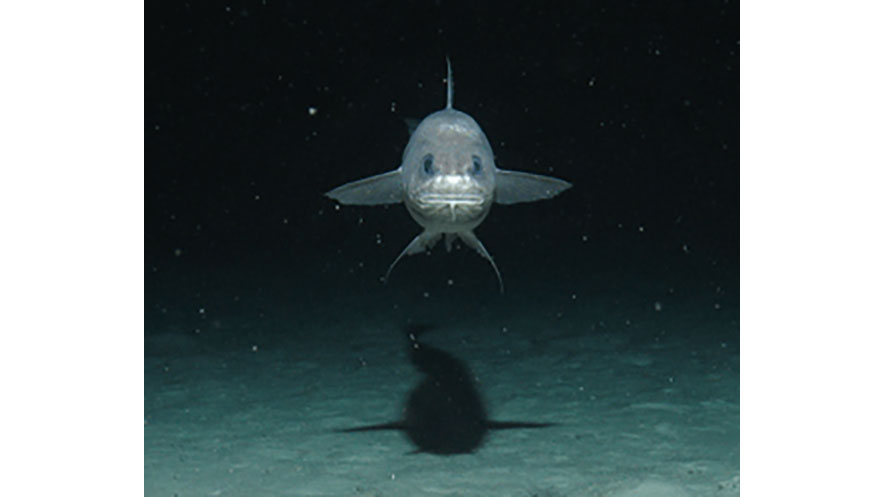Members of European parliament (MEPs) and ministers have struck a deal on a ban on fishing below a depth of 800 meters in the North-East Atlantic. The ban, agreed on Thursday afternoon, will apply to bottom trawling and would also restrict deep-sea fishing to the area where it took place between 2009 and 2011.
Parliament's and Council's negotiators agreed on setting a depth limit of 800 meters, so that no deep sea fishing will take place beneath this limit. This new provision will protect the fragile vulnerable marine ecosystems of the deep sea bed. A separate provision for protecting the Vulnerable Marine Ecosystems (VME) was added to the regulation, whereby for deep sea fishing activities below 400 meters if the quantity of VME indicators (detailed list annexed to the regulation) caught exceeds certain thresholds (defined in the new regulation) the vessel would need to immediately stop all fishing operations and resume only when it has reached an area at least five nautical miles away from the area it encountered VME.
The EU will freeze the "footprint"-area where deep sea fishing activities took place- in EU waters in the North-East Atlantic to the area where deep-sea fishing took place in 2009-2011. This will apply to vessels targeting deep sea species; i.e. those whose deep sea species catch makes up more than 8% of the total on at least one fishing trip during the year.
MEPs inserted stronger transparency safeguards by including obligations to provide public information on EU vessels targeting deep-sea species and to report all catches (fish and vulnerable ecosystems). Member states will also be required to provide information on the location of vulnerable ecosystems (impact assessments) and the EU Commission will assess this data annually and adapt the allowed fishing area accordingly (using implementing acts).
20% of EU vessels will need to have an observer (scientist) on board to ensure the collection of timely and accurate data.
The informal agreement will now need to be endorsed now by Parliament's Fisheries Committee and the Council. The plenary vote is expected in November.





